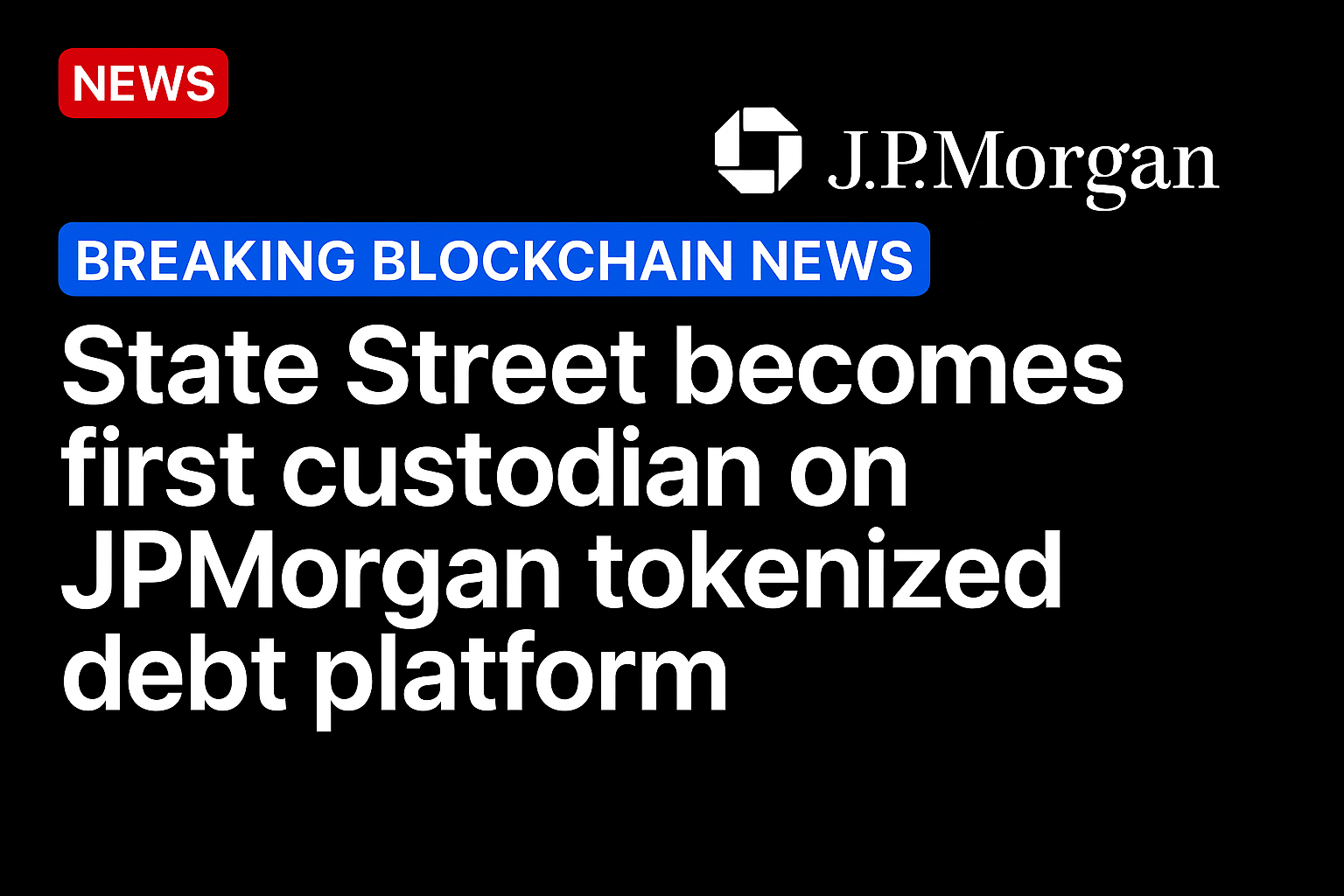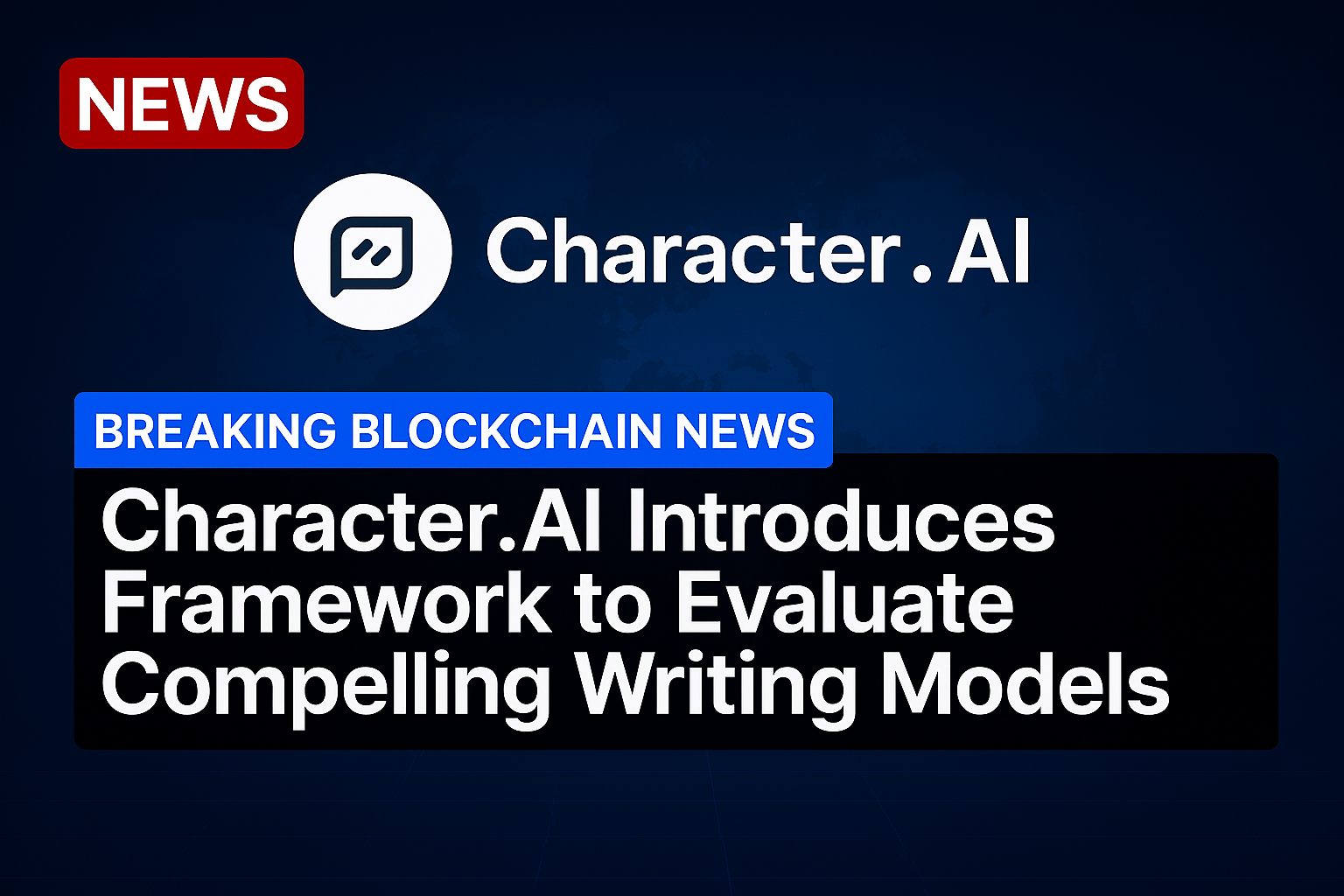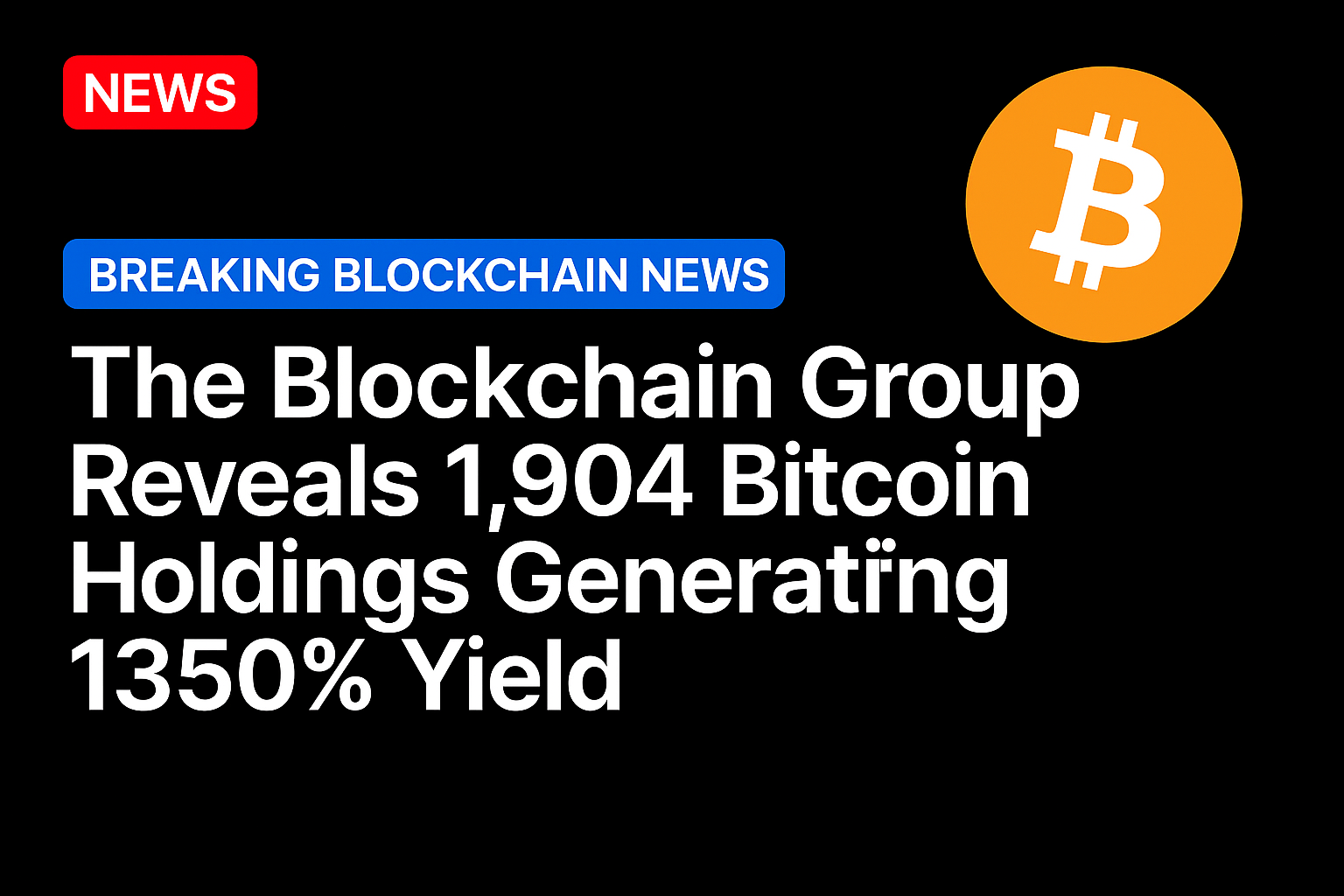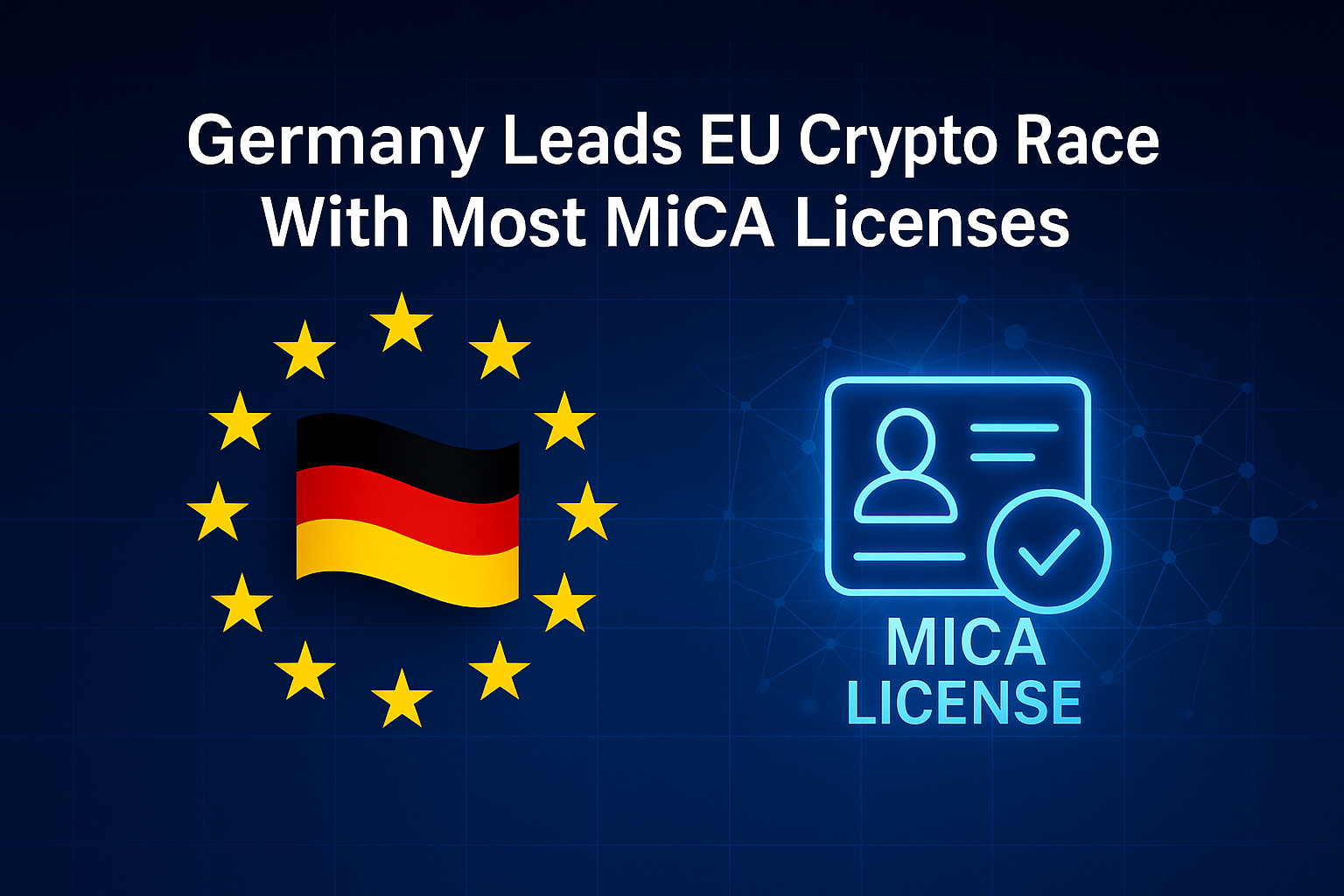State Street, one of the world’s top three asset managers, can now custody blockchain-based debt securities for institutional clients.
State Street, an asset manager and custodian bank serving institutional clients, has joined financial services company JPMorgan’s tokenized debt platform as its first third-party custodian, allowing it to hold blockchain-based debt securities on behalf of investors.
JP Morgan’s Digital Debt Service platform allows institutional clients to trade and settle tokenized debt instruments, which are securities issued on a blockchain that represent government or corporate bonds.
The asset manager purchased $100 million in tokenized commercial debt from the Oversea-Chinese Banking Corporation (OCBC), one of the oldest banks in Southeast Asia, in the platform’s inaugural transaction, according to Thursday’s announcement.
State Street, founded in 1792, is one of the “big three” asset managers, alongside BlackRock and Vanguard, with over $49 trillion in assets under custody, and an additional $5.1 trillion in assets under management.
The asset manager extending custody services to tokenized real-world assets (RWAs) showcases the growth of the emerging sector and signals a milestone as more established financial institutions interact with the digital economy.
JP Morgan leans into tokenized RWAs as sector records triple-digit growth
JP Morgan launched Onyx, a suite of blockchain-based services and technologies, in 2020. It rebranded the project to Kinexys, its RWA tokenization platform, in 2024.
Oracle provider Chainlink announced a partnership with Kinexys in May to help develop payment infrastructure for settling tokenized RWA transactions between financial institutions.
In June, Kinexys, Chainlink and RWA platform Ondo Finance completed a cross-chain transfer of Ondo’s OUSG tokenized Short-Term US Treasurys Fund in June, moving the digital asset between Ondo’s layer-1 testnet to the Kinexys permissioned chain.
Chainlink founder Sergey Nazarov told Cointelegraph that tokenizing assets onchain increases capital velocity in the economy and also bolsters the entire crypto ecosystem by locking value onchain.
“We need more high-quality assets onchain, but we also need more frictionless payments that existing institutions can use easily,” Nazarov said.
The tokenized RWA sector grew by about 65% since the beginning of 2025, surging to a market capitalization of over $26.4 billion, excluding stablecoins, according to RWA.xyz.
Source: https://cointelegraph.com/tags/blockchain




